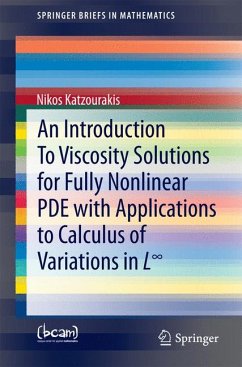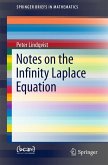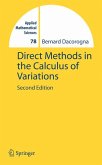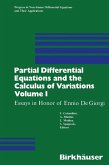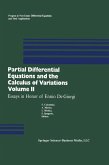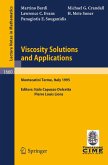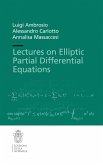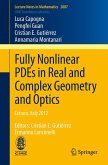Dieser Download kann aus rechtlichen Gründen nur mit Rechnungsadresse in A, B, BG, CY, CZ, D, DK, EW, E, FIN, F, GR, HR, H, IRL, I, LT, L, LR, M, NL, PL, P, R, S, SLO, SK ausgeliefert werden.
"The book under review is a nice introduction to the theory of viscosity solutions for fully nonlinear PDEs ... . The book, which is addressed to a public having basic knowledge in PDEs, is based on a course given by the author ... . The explanations are very clear, and the reader is introduced to the theory step by step, the author taking the time to explain several technical details, but without making the exposition too heavy."(Enea Parini, Mathematical Reviews, November, 2015)

